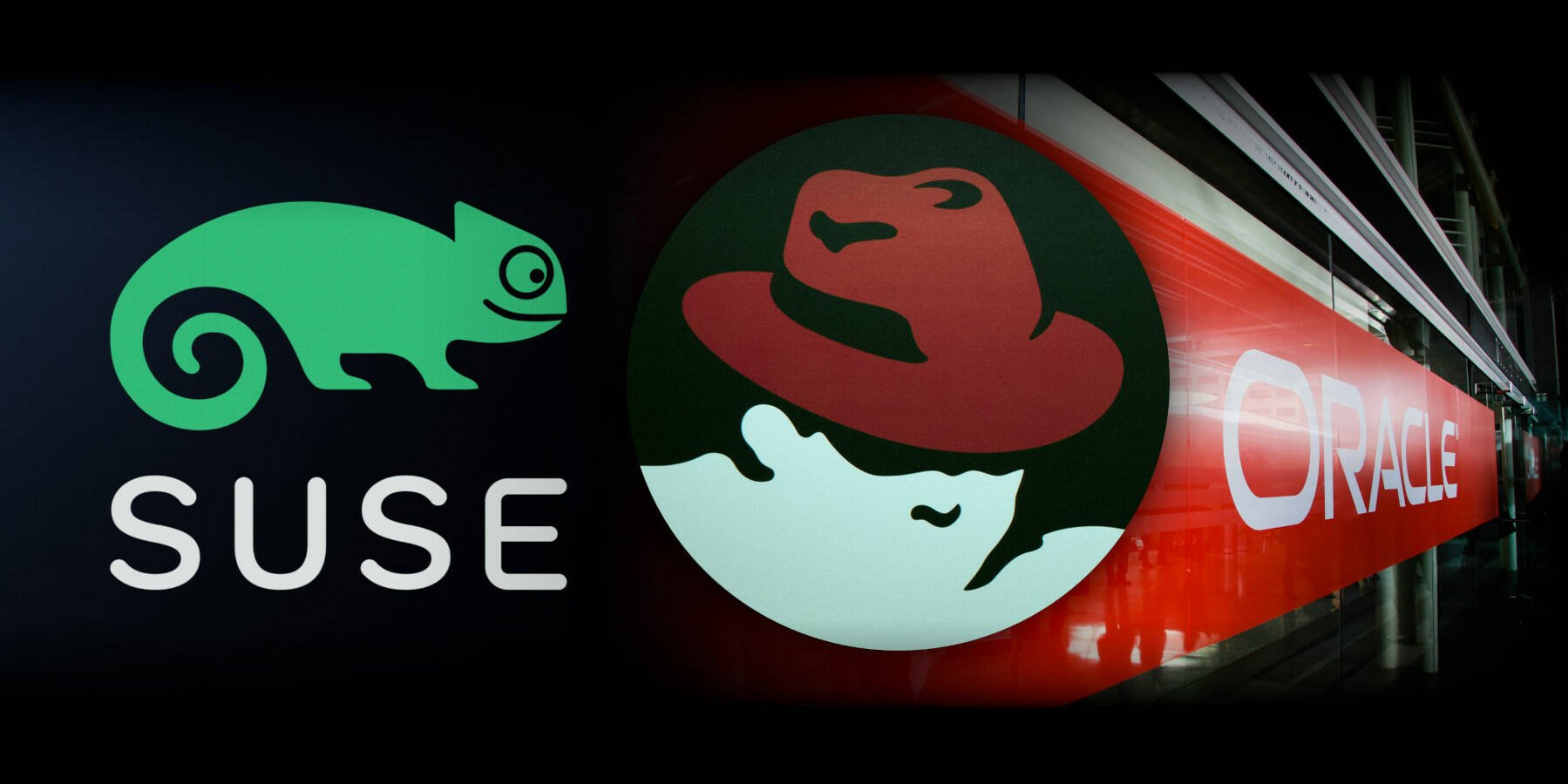Admin of lemmy.name, he/him
- 20 Posts
- 36 Comments

 24·2 years ago
24·2 years agoRead the thread in full, it’s much worse than The Verge makes it out to be - that was actually one of my contentions with this article when posting.

 56·2 years ago
56·2 years agoI don’t think this take is accurate at all. Her actions in that thread appear (to me) entirely as a result of her environment, and honestly there is no basis for the idea she is not of sound mind. The victim blaming is really offputting.
If they’re true, it’s more than likely this kind of abuse was happening throughout the organization and continued up until these allegations, so I’m glad she came out with them.

 71·2 years ago
71·2 years agoFortunately, they don’t need to! There are dozens of small open instances, and joining any of them helps the current centralization situation.
The more I look at this, the more I doubt an AI was involved. Too many aspects of the clothing, body, etc are just way too consistent.

 1·2 years ago
1·2 years agodeleted by creator

 3·2 years ago
3·2 years agotl;dr: Customer Content encompasses all data originating from your machine sent to Zoom servers.

 20·2 years ago
20·2 years agoIt never is by default. In fact, they got in a bit of a fiasco early on (before their current E2EE implementation) for using the term “end to end encrypted” after it was revealed they were simply referring to TLS.

 3·2 years ago
3·2 years agoIt’s worth noting that KaiOS, a fork of Firefox OS, has been successful - particularly in developing markets.

 10·2 years ago
10·2 years agoYou’re correct, I mistakenly copied the wrong section. (Posted this from my phone)
Fixed!

 12·2 years ago
12·2 years agoWe’ve already seen this play out in several countries where web blocking is widely implemented (eg Russia, China.) People (generally) flock to state-endorsed alternatives rather than going through the effort of finding bypasses.
(As an aside, Chrome would probably comply with it. It’d be a lot more damaging for them than smaller browsers to block the entirety of France.)

 22·2 years ago
22·2 years agoDo you genuinely believe an average computer user, when presented with a block page, would attempt to circumvent it?
Maybe a small minority would, but overall I find it extremely unlikely. It takes a lot less effort to just download an alternative.

 16·2 years ago
16·2 years agoTheoretically yes, but I’d think that would just result in users switching to browsers which do comply with the law (Chrome, probably)

 201·2 years ago
201·2 years agoThis does not prove your point. You said “most countries”, not “countries I arbitrarily deem to be important.”

 20·2 years ago
20·2 years agoThe bill still leaves enforcement of specific content up to the platforms… so it seems they’re implying their own posts on these topics would be generally considered misinformation? I respect the honesty lol
An XSS vulnerability in the new custom emojis. If an instance doesn’t have custom emojis, it’s unaffected.

 3·3 years ago
3·3 years agoI find it interesting that even the conservancy can’t really say whether or not it’s OK legally definitively. Here’s hoping someone still takes them to court over this, wins, and sets precedence that it’s a violation of the GPL (extremely unlikely, but a guy can dream)
I remember people talking about potential scenarios very similar to this when Red Hat was acquired. They were right.

 4·3 years ago
4·3 years agoWe clearly have a disconnect here. There’s a reason I always put a quote to act as summary in the description of my article posts, they provide more detail than the title could. At the end of the day, I think providing the original title regardless of its perceived quality is the better option when these posts are glorified links anyways. (I assure you it was not from AI, The Register has pretty high journalistic standards.)

 11·3 years ago
11·3 years agoWhen most people think of clickbait, there is a disconnect between the content presented and the title. There is no such disconnect in this case. Your interpretation of the word is an outlier, and even if I agreed that it was clickbait, you still haven’t convinced me it is a bad thing in this specific scenario.




















No, like the peanut butter brand Jif.